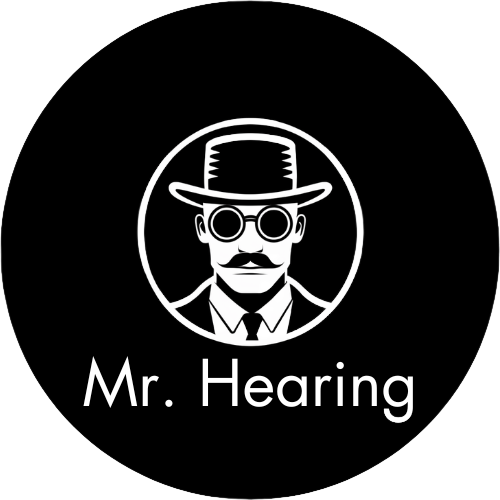OTC Hearing Aids Are Changing the World: Their Pros and Cons
OTC devices in the US are a big deal as they provide easier access to hearing aids and remove the stigma associated with hearing loss. OTC devices have the potential to increase people’s awareness of managing hearing loss and lead to earlier intervention. In the UK, the government provides free hearing aids, but many people still choose not to wear them, highlighting the need for addressing reasons such as cost, stigma, and misconceptions.
OTC devices from big names like Sony, Bose, and HP may help overcome barriers to wearing hearing aids, such as concerns about looking old or the expense. OTC devices are aimed at those with a mild to moderate hearing loss and over the age of 18, but it’s important to seek professional help for children and severe hearing loss. There are concerns about the lack of professional support and potential risks of improperly treating hearing loss without proper assessment.
The Pros of OTC Hearing Aids
- Increased access to hearing aids
- Removal of stigma associated with hearing loss
- Increased awareness of managing hearing loss
- Earlier intervention
The Cons of OTC Hearing Aids
- Lack of professional support
- Potential risks of improper treatment
- Concerns about incorrect programming
- Potential failure to lower the cost of medical-grade hearing aids
- The possibility of unscrupulous companies and poor-quality amplification in the market
OTC hearing aids can increase access, drive competition, improve quality of hearing care services, and potentially lead to more regulation and price transparency. However, it is important to weigh the pros and cons of OTC hearing aids before making a decision.
Big-Name Brands
Big-name brands like Sony, Bose, and HP are no strangers to the world of electronics, and their entrance into the hearing aid market is no different. Brands like these offer OTC hearing aids with features like Bluetooth, voice recognition, and smartphone apps, making them more attractive to younger generations.
For example, the Lexie Self-Fitting Bluetooth Directional Smartphone hearing aid offers a self-fitting feature that allows users to adapt the hearing aid to their specific hearing needs themselves. The adaptability and high-tech features of OTC hearing aids make them an attractive option for those who may not have considered traditional hearing aids before.
Conclusion
OTC hearing aids have the potential to make a positive impact on the world of hearing care services. They offer increased access to hearing aids and potentially remove the stigma associated with hearing loss. However, it is important to remember that OTC hearing aids are not a replacement for professional guidance and assessment. Seek professional help for children and severe hearing loss.
As with any new technology, there are concerns about incorrect programming, the potential failure to lower the cost of medical-grade hearing aids, and the possibility of unscrupulous companies and poor-quality amplification in the market. We must take the time to weigh the pros and cons of OTC hearing aids and make informed decisions.
